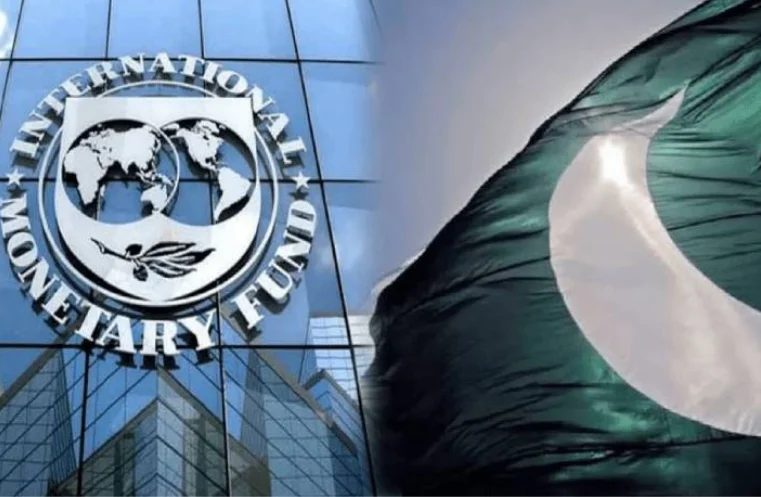Islamabad, Feb 11: Pakistan is set to begin crucial negotiations with the International Monetary Fund (IMF) on March 3 for the next installment of its $7 billion bailout package. The IMF review mission, led by Nathan Porter, will remain in the country until March 14 to assess Pakistan’s economic performance from July to December 2024. The outcome of this review will determine the release of the next $1 billion tranche.
The discussions will center around key economic reforms, including broadening the tax net by imposing income tax on the agricultural sector, privatization efforts, and fiscal policy adjustments. The IMF will also analyze monetary policies, interest rate trends, inflation levels, and exchange rate management. The final decision on the disbursement of funds will be made by the IMF Executive Board following the review.
In parallel, an IMF technical delegation is already in Pakistan conducting a Governance and Corruption Diagnostic Assessment.
Read More:
Latest Gold Rate in Pakistan – 11 February 2025
This team is engaging with key government institutions, including the Supreme Court and the Judicial Commission, to evaluate judicial appointments and legal transparency. Additionally, meetings are scheduled with the Auditor General of Pakistan, the Federal Board of Revenue (FBR), the Securities and Exchange Commission of Pakistan (SECP), and ministries overseeing climate change and housing.
The IMF’s assessment will particularly scrutinize corruption vulnerabilities in six critical domains: financial sector governance, central bank oversight, fiscal transparency, market regulation, rule of law, and anti-money laundering mechanisms. This comprehensive review aims to identify systemic risks and enhance governance frameworks.
A detailed report outlining governance and corruption concerns is expected to be released in July. The findings will play a significant role in shaping future financial assistance and policy recommendations for Pakistan, ensuring economic stability and transparency in the country’s fiscal and regulatory frameworks.









